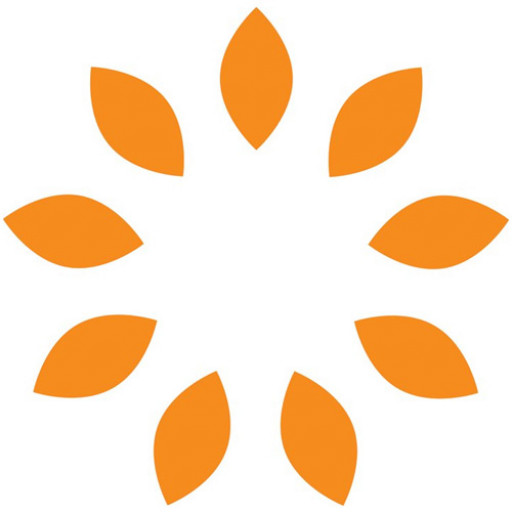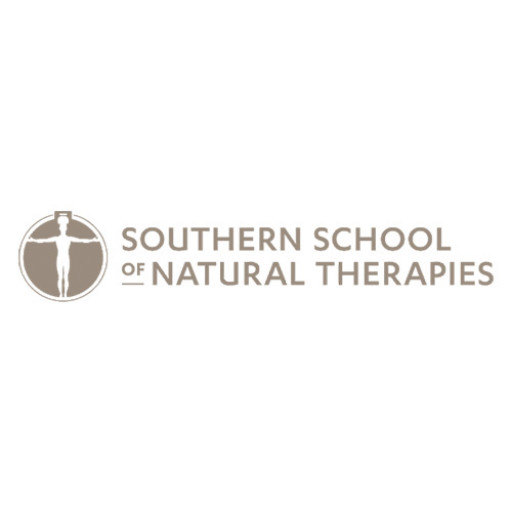Photos of university / #utwente
The Master’s in Health Sciences at the University of Twente offers a comprehensive and integrated approach to understanding health and healthcare systems in a rapidly changing world. This programme is designed for students who are passionate about improving health outcomes through innovative research, technology, and policy development. Throughout the course, students will explore the multifaceted aspects of health, including biomedical sciences, healthcare management, public health, and technological innovations. The curriculum combines theoretical knowledge with practical application, ensuring graduates are well-equipped to address complex health challenges both locally and globally.
Students will engage in multidisciplinary learning, working alongside experts from various fields such as medicine, technology, social sciences, and policy studies. The programme emphasizes the importance of evidence-based decision-making and offers training in research methods, data analysis, and the use of emerging health technologies like digital health tools and e-health interventions. Courses include topics such as health systems, health promotion, disease prevention, healthcare innovation, and health policy. Specializations are available to allow students to tailor their education according to their interests and career aspirations.
The University of Twente's innovative teaching methods include project-based learning, case studies, and internships with healthcare organizations, providing valuable real-world experience. The programme prepares students for a wide range of career paths, including healthcare consultancy, public health management, policy advisory roles, research, and entrepreneurship in health innovation. Graduates will possess critical thinking skills, a thorough understanding of health systems, and the ability to develop and implement solutions for complex health issues.
Furthermore, the university fosters an international environment, welcoming students from diverse backgrounds. The collaborative atmosphere encourages networking and the sharing of ideas, which is essential in addressing global health challenges. The Master in Health Sciences at the University of Twente is ideal for those seeking to make a meaningful impact in healthcare and health policy through advanced knowledge, innovative approaches, and a proactive attitude towards ongoing health developments worldwide.
The Bachelor’s programme in Health Sciences at the University of Twente offers a comprehensive and interdisciplinary education designed to prepare students for diverse careers in healthcare, research, and policy. This programme combines scientific knowledge, practical skills, and innovative methodologies to address complex health-related challenges in various settings. Throughout the course, students explore the biological, behavioral, technological, and social aspects of health, equipping them with a holistic understanding of health and disease. The curriculum emphasizes a strong foundation in biomedical sciences, complemented by courses in epidemiology, health technology assessment, health policy, and patient-centered care.
Students engage in active learning through a mix of lectures, case studies, laboratory work, and projects that foster critical thinking and problem-solving skills. The programme encourages collaboration across disciplines, reflecting the multifaceted nature of health sciences. Internships and practical assignments are integrated into the curriculum to provide real-world experience and insights into the healthcare industry, research institutes, or governmental organizations. Additionally, students are trained in using innovative health technologies and data analytics tools to improve healthcare outcomes.
The programme also prioritizes the development of communication skills, ethical reasoning, and cultural competence, preparing graduates to work effectively with diverse populations and in multidisciplinary teams. The Bachelor’s pathway offers opportunities for specialization through elective courses, allowing students to tailor their studies according to their interests and career ambitions, whether in healthcare innovation, public health, or clinical research.
Graduates of the Health Sciences programme at the University of Twente are well-equipped to pursue advanced studies or enter the workforce in roles such as health researcher, policy advisor, healthcare professional, or innovation specialist. The programme’s emphasis on research, technological integration, and societal impact ensures that graduates are capable of contributing to healthier societies through evidence-based practices and innovative solutions.
Program requirements: The Bachelor’s degree in Health Sciences at the University of Twente requires applicants to hold a relevant secondary education diploma that provides access to higher education in their country. Applicants must demonstrate sufficient proficiency in the English language, typically through standardized tests such as IELTS with a minimum overall score of 6.0 or TOEFL with a score of at least 80 (internet-based test). The programme prefers students with a strong interest in health care, public health, and interdisciplinary research. A motivation letter explaining the applicant's interest in the field and career aspirations is often recommended. Additionally, some prior knowledge of biology, social sciences, or related disciplines may be beneficial but is not always mandatory. International students may need to provide proof of prior academic transcripts, translated into English where necessary, which detail the completed coursework and grades. The university may also consider relevant work experience or extracurricular activities related to health sciences during the admissions process. Aside from academic and language requirements, prospective students are advised to meet general entrance criteria as specified by their nationality and educational background. The application process typically involves submitting the required documents before specified deadlines through the university’s online application portal. For some applicants, interview assessments or additional testing may be part of the selection process to evaluate motivation and suitability for the programme. The overall aim is to admit students who demonstrate a strong academic foundation, relevant interests, and the motivation to contribute to advancements in health sciences.
Want to improve your English level for admission?
Prepare for the program requirements with English Online by the British Council.
- ✔️ Flexible study schedule
- ✔️ Experienced teachers
- ✔️ Certificate upon completion
📘 Recommended for students with an IELTS level of 6.0 or below.
The University of Twente offers various financing options for students enrolled in its Health Sciences programs to facilitate access to higher education and support students throughout their studies. Tuition fees for international students are established annually and vary depending on the nationality and specific program. For EU/EEA students, the tuition fees are generally fixed and are comparable to those for Dutch students, ensuring affordability within the framework of Dutch higher education affordability policies. Non-EU/EEA students usually pay higher tuition fees, which are detailed publicly on the university’s official website and are subject to annual adjustments.
Students often utilize Dutch student finance options, such as the Dutch government’s student loans and grants, provided they meet specific eligibility criteria, including residency and citizenship requirements. These financial aids can cover tuition fees and living expenses, making higher education more accessible. International students are also encouraged to seek scholarships and grants that are offered by the university itself or through other organizations, foundations, and governments. The University of Twente offers scholarships based on merit, diversity, and specific student profiles, which can significantly reduce financial burden.
Apart from scholarships and government loans, students can access part-time work opportunities that are available in the University’s vicinity or on-campus, allowing them to earn supplementary income during their studies. The university also offers tailored financial advice and support services to help students navigate their funding options and plan their finances effectively. Mortgages and private loans are generally not directly facilitated by the university but can be obtained through Dutch banking institutions, often requiring proof of admission and financial stability.
In summary, the financing studies at the University of Twente for Health Sciences students encompass a range of options, including fixed tuition fees, government loans and grants (for eligible students), scholarships, work opportunities, and financial advice services. These options aim to ensure that students from diverse backgrounds have the financial means to successfully complete their education and achieve their academic and professional goals.
The Bachelor’s programme in Health Sciences at the University of Twente offers students a comprehensive education in the multidisciplinary field of health and well-being. Designed to prepare graduates for diverse careers in healthcare, policy, and research, the programme emphasizes a scientific and innovative approach to health issues. The curriculum combines foundational knowledge in biology, psychology, and social sciences with practical skills in health promotion, management, and policy development. Throughout the course, students engage in project-based learning, internships, and research projects to develop critical thinking, problem-solving, and teamwork skills essential for working in complex health environments. The programme also encourages an international perspective, with opportunities for international exchanges and collaborations, giving students a broad understanding of global health challenges. The University of Twente’s focus on technological and innovative solutions is reflected in the programme, integrating e-health, digital health applications, and data analysis to improve health outcomes. Graduates of this programme will be equipped to work in various sectors such as healthcare organizations, government agencies, non-profit organizations, and private companies focusing on health innovation. The programme typically spans three years, culminating in a Bachelor of Science degree. Students benefit from state-of-the-art facilities, close cooperation with industry, and a stimulating academic environment. The university’s close ties with the healthcare sector ensure that the curriculum remains relevant and aligned with current and future needs in health sciences.







